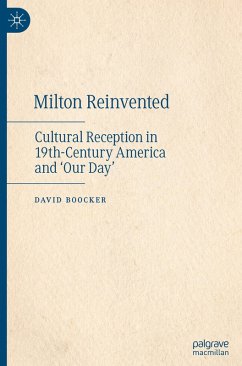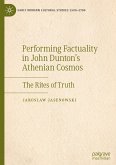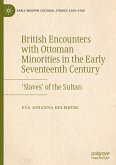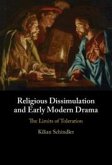This book focuses on the cultural reception of Milton and his works in nineteenth-century America. Using reception theory, the work analyzes the contributions of Milton and his writings to demonstrate how major social movements appropriated him in ways that "reinvent" him, making him what Margaret Fuller called "emphatically American." The book centers on Milton's influence on the movements focused on the development of American Christianity, abolition, and women's suffrage. Each group approaches his writings with different "horizons of expectations" determined, in part, by the social problems they address. Each has unique ways of disseminating and consuming information about Milton and his writings, sometimes determined by how readers in different geographical locations read him. And, each debate makes extensive use of American periodicals of the period, revealing critical information about how Milton's writings were disseminated and deployed. Milton's presence in these debates helped shape American society at the time and provides proof for us of how Milton can remain relevant in the issues faced by Americans in 'our day.'
Bitte wählen Sie Ihr Anliegen aus.
Rechnungen
Retourenschein anfordern
Bestellstatus
Storno








